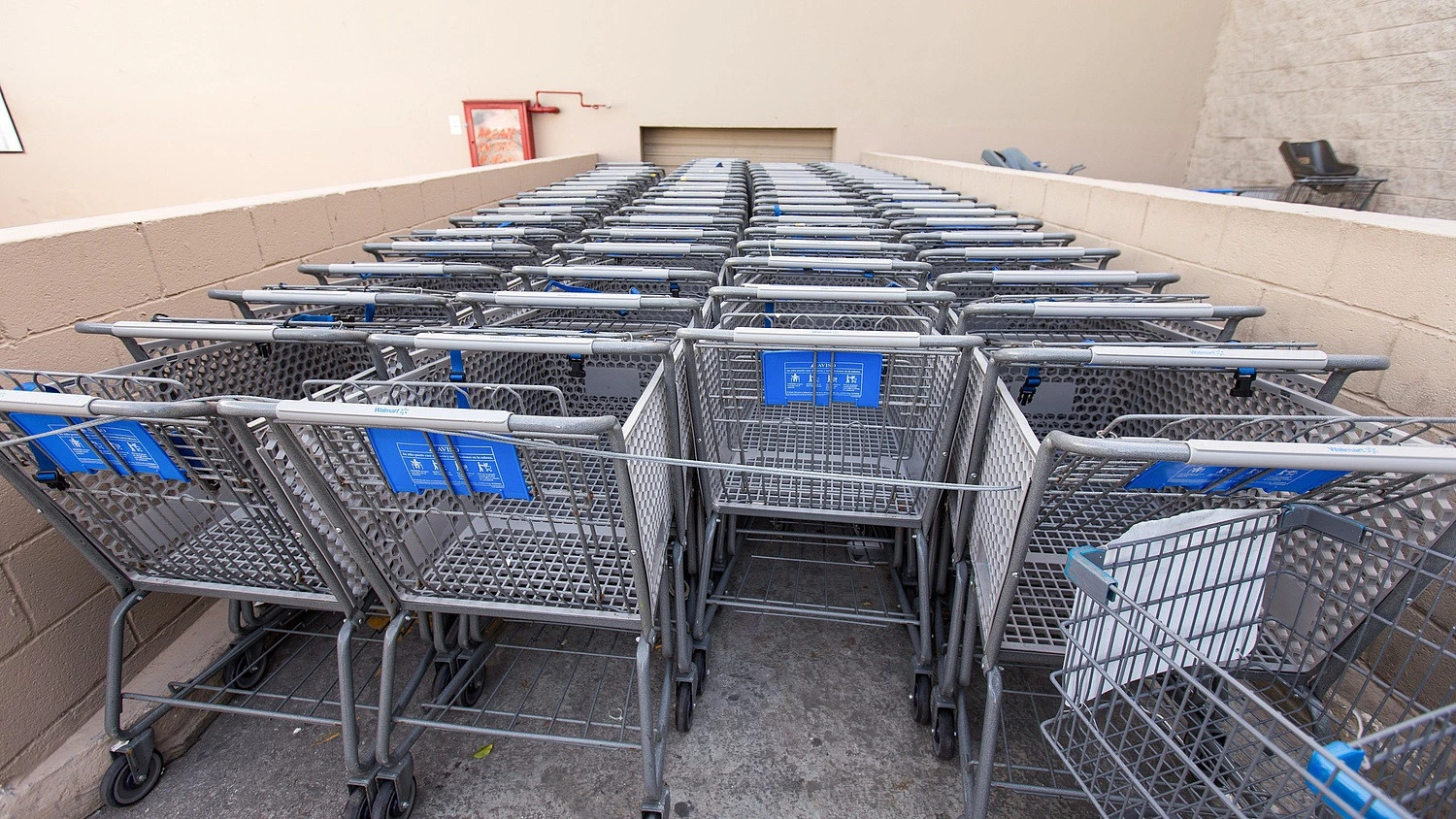
The decision of the authorities to temporarily suspend the purchase of goods considered non-essential from shopping centres affects more than 9,000 stores and each day when they are closed equals €15-20 million lost income, according to Cushman and Wakefield Echinox.
The military ordinance issued in the context of the COVID-19 pandemic makes an exception for stores that mainly sell food, electronic, pharmaceutical and pet shop products, as well as cleaning and optical services.
The modern retail stock (malls, retail parks and commercial galleries) in Romania comprises about 3.9 million square meters, of which 23% is represented by supermarkets and hypermarkets, the main category of stores that remain open, according to Cushman & Wakefield Echinox data. The estimated unearned income takes into account an average level of sales in a normal activity timeframe for a shopping centre, at around €2,000 / sqm / year respectively.
Large retailers and fashion houses all over the world have started to seriously get involved in the fight against the spread of the virus, in order to reopen their stores sooner. The largest retail groups, such as LVMH or L'Oreal, have started the production of disinfectants, while H&M or Inditex reoriented towards the production of medical equipment for protection. At the same time, fashion and beauty retailers have huge stocks of unsold products. The postponing or cancelling of fashion weeks and autumn-winter collection launching events is unprecedented and the market must adapt to it.
Bogdan Marcu, Partner Retail Agency at Cushman & Wakefield Echinox: “Unlike well-known companies, such as LVMH, L’Oreal, H&M or Inditex, many other international and local retailers will struggle to survive in this unprecedented context. The global interconnection has never felt so real, from the emotional state of mind up to the economic and financial concerns. The solution we see relies on a dialogue between all the players of the industry, banks, retailers, owners of commercial spaces and shopping centres and the state institutions. Retail has an essential role in today's modern social space and will have an important role in the revival of the economy, which is why it needs sustained support during this period.”
Social distancing produces psychological and behavioural effects we haven’t seen in the previous crisis. To paraphrase John Donne, "no man is an island.” When the imposed restrictions will be relaxed, people will want to return to normality and to socialize, out of the need of community, within which they can evolve and feel truly fulfilled, according to Cushman & Wakefield Echinox consultants.
We also see a wave of solidarity not only in the western countries but also in Romania, regarding local entrepreneurs and small businesses that need sustained support to be able to withstand and continue their activity after this period. Major donations made promptly by a receptive and empathic population represent a sign of civilization and solidarity towards the actual social and economic environment.
On the other hand, depending on how it will succeed in managing the large volume of current demands, e-commerce could become a long-term winning segment, by preserving a significant share of the retail market gained throughout this period. While online commerce for luxury (or non-essential) products has dropped dramatically over the past month, retailers operating food and home products that were already ready for online operations have gained the momentum.
Bogdan Marcu, Partner Retail Agency, Cushman & Wakefield Echinox: “Apart from the food, pharmaceutical, maintenance and pet shop products, online commerce is currently the only option for consumers. Thus, depending on how long the social distancing will last, it is possible that the habit of ordering from the home comfort to change the way people purchase products in the future, especially food or other common products.”



